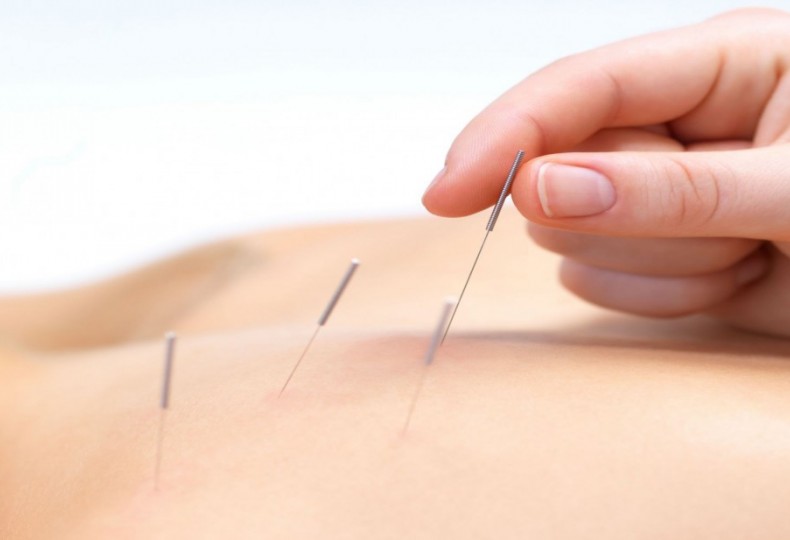
What is acupuncture?
Traditional Acupuncture is an ancient system of healing used for thousands of years to balance and harmonize life energy. Acupuncture is used to treat illness as well as to anticipate and prevent disease. Acupuncturists focus on determining the fundamental causes of a person’s difficulty, taking the whole person into account: body, mind, and spirit.
Acupuncture is excellent for preventative health care and maintenance. Many people receive care on a quarterly basis to tone their body. Just like the earth and our environments change each spring, summer, fall, and winter, our bodies go through major changes with the seasons. In Traditional Chinese Medicine it is said that the liver is most active in the spring, the heart in the summer, the lungs in the fall, the kidneys in the winter. A quarterly “tune-up” would be directed at making sure your body goes through these transitions gracefully.
Why should I get acupuncture?
Acupuncture is based on natural laws that describe the movement of life energy called Qi (pronounced chee) in nature and in the body. This life energy flows through the body along precise pathways called meridians or channels. When the Qi in the body is balanced and flows properly, we are healthy. When the Qi is imbalanced or blocked, we experience distress and illness.
A diagnosis is based on many factors including listening (the history, the tone of voice), palpating (feeling the pulse, the area of discomfort), and observing (looking at the skin, the tongue, the texture of the hair, etc.). By combining all these different pieces of information, the practitioner discriminates the pattern of the imbalance (too hot, too cold, too damp, too dry) and creates the treatment plan.
The treatment plan dictates where to put the acupuncture needle, which kinds of foods would be beneficial or aggravating, and what herbs should be prescribed.
Acupuncture is simple and elegant in its approach to health. In their essay “Chinese Medicine: How it Works” authors and practitioners Harriet Beinfield and Efrem Korngold write that "each human being is seen as a world in miniature, a garden in which doctor and patient together strive to cultivate health. Every person has a unique terrain to be mapped, a resilient yet sensitive ecology to be maintained. As the gardener uses methods such as irrigation and compost to grow vigorous plants, the doctor uses acupuncture, herbs, and food to recover and sustain health."
Is acupuncture safe? Is it painful?
To eliminate the risk of infection the acupuncture needles we use are sterile and disposable. They come in sterile containers, are used once, and then disposed of.
Acupuncture needles are very fine and flexible, about the diameter of two or three human hairs. In most cases, insertion of the needle is performed without discomfort. Most of the time, the pain of inserting an acupuncture needle is similar to a mosquito bite. Occasionally the needle stings a little more, depending on the area of the body being stimulated. After the insertion, you may experience a sense of heaviness or electricity in the area of insertion. This is a good sensation and is called the “arrival of the Qi” a sign that the energy has been stimulated.
Most people find the treatments very relaxing and rejuvenating and many even fall asleep during their treatment.
What can acupuncture help?
Acupuncture is widely known to relieve pain, but its effectiveness is much broader than pain relief alone. Acupuncture can be helpful in alleviating both chronic and acute conditions, and one need not have a specific Western medical disease diagnosis to benefit from acupuncture treatment.
Many patients seek acupuncture care to stay healthy and balanced and to correct problems like:
- Allergies
- Arthritis
- Asthma
- Back pain
- Neck pain
- Tingling and numbness
- Headaches
- Digestive problems
- Anxiety and depression
- High blood pressure
- Gynecological and fertility problems
- Rheumatism
- Sciatica
- Fatigue
- Stress
- Colds and cases of flu
Dr. Gurusahay Khalsa explains the power of acupuncture.
